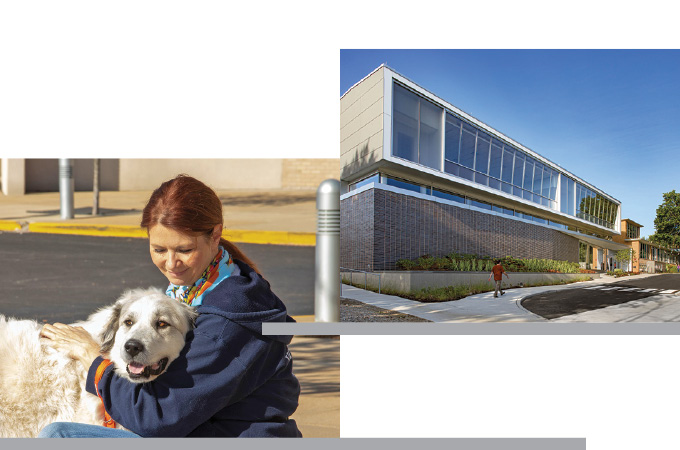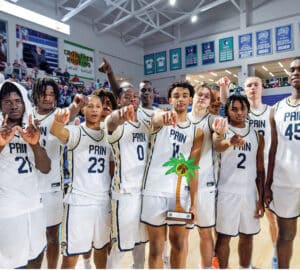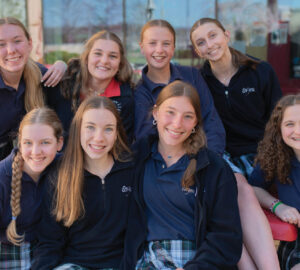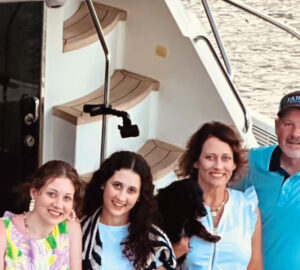The COVID-19 pandemic has presented serious obstacles for nonprofits of all types and sizes, but what they have done to rise to the challenge defines the difference between struggle and success. T&S talked with two area organizations that are emerging from the situation with new procedures, positive changes and a generous measure of hope for the future.
humane society of missouri (hsmo)
President Kathy Warnick says one of the best things to happen to HSMO this year is an influx of new adopters as many people continue to work from home. “We moved to a curbside adoption model in March, and it has enabled us to find families for more than 3,300 animals during the pandemic,” she explains. “Adopters can view a pet on our website, talk to an HSMO counselor, complete the screening process and pick up their new furry family member curbside at our center. The system has been working beautifully, and we are gratified that we have not had a significant number of returned pets during this time.”
She says the process has gone smoothly because new owners have had more time to train, socialize and acclimate their new companions while at home. “Our Longmeadow Rescue Ranch in Union also has seen success,” she says. “It has found homes for more than 160 large animals during this time, mostly horses, and a recent promotion placed a number of chickens, roosters, geese and ducks as well.” And though the organization had to cancel its regular camps, events and school programs for 2020, it found creative ways to replace them with prerecorded presentations, special teachers’ materials and a Mission Impawsible activity kit to educate kids about animal responsibility.
“Adoption is a win-win situation—it gives animals a second chance, and it brings unimaginable joy to individuals and families,” she says. “We are happy to be part of the solution during a difficult time.” For more information, visit hsmo.org.
center of creative arts (coca)
Many nonprofits have had to put capital projects on hold this year, but COCA in U. City continued full steam with a $37 million, 52,000-square-foot building expansion that began in 2018. The addition officially opened in August, effectively doubling the footprint of the creative arts nonprofit’s existing facility. Socially distanced fall classes and programs began in September, and spaces have been adapted to follow COVID-19 guidelines, executive director Kelly Pollock says.
“It has been a different journey than we expected, but we were able to keep construction going during the pandemic, and we are adding new programming as the situation permits,” she explains. “In March when the full impact first was felt, we moved our 1,800 students to online learning, which is a real challenge for an arts organization that teaches hands-on, physical disciplines. Fortunately, everyone adapted well.”
Arts camps went virtual during the summer, and now, students can choose hybrid classes to attend in person or online in subjects like dance and visual arts. “One of the great benefits of this new space is that we can keep people spread out safely in the building,” Pollock says. “Our enrollment capacity is reduced for now, and we can’t hold performances in our new theater yet. But our speaker series has returned, we’ve opened a new visual arts installation called Common Ground, and we have been engaging artists from across the country to work with students.”
Pollock says COCA is looking forward to partnering with organizations like The Repertory Theatre of St. Louis and The Black Rep in 2021. “We often think of everything we have to be grateful for, especially the generosity of our community,” she notes. “We are confident that COCA will weather the storm, and we’ll be able to bring our new space fully to life soon.” For more information, visit cocastl.org.
Photos courtesy of HSMO and COCA








